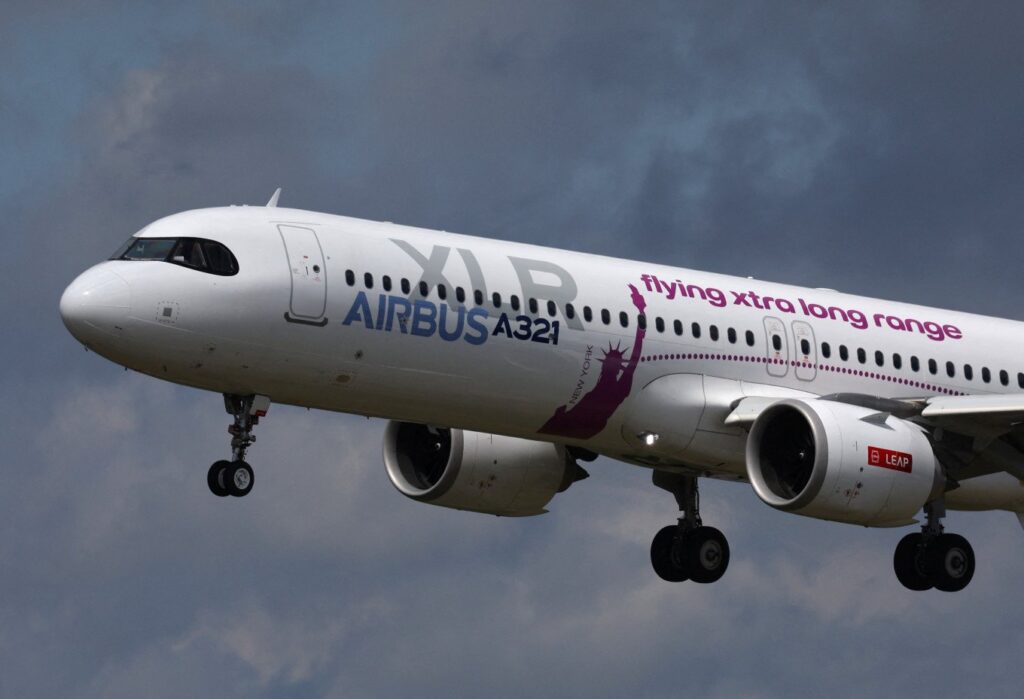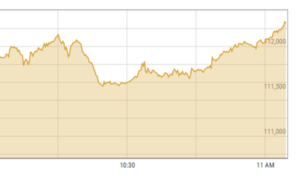The United States has announced a significant policy change to reduce restrictions on transferring military gear and technology with Britain and Australia. This move is set to strengthen the AUKUS security alliance formed in 2021 to counter China’s growing influence. The alliance includes a substantial investment of A$368 billion ($245 billion) to help Australia acquire nuclear-powered submarines.
Brian Burton, a senior adviser at the US Defence Department on international and industrial base policy, emphasised the goal of enhancing cooperation among industries in the three countries during a panel discussion at the Farnborough Airshow on Wednesday.
In April, the State Department proposed reducing licencing requirements for transferring military equipment and sensitive technology under AUKUS. This proposal was cleared by the White House regulatory office on July 19 and is expected to be published in August.
“The regulatory changes we are implementing are designed to be lasting,” Burton said, highlighting the long-term impact of these measures.
Matthew Steinhelfer, a senior adviser for AUKUS at the State Department, noted that the alliance enjoys strong bipartisan support in Congress. “We are optimistic about implementing significant and bold changes that will enable AUKUS to function effectively,” Steinhelfer added.
Dak Hardwick, vice president for international affairs at the Aerospace Industries Association, described the rule change as the most significant amendment to the arms export control act since its inception in 1976.
Shimon Fhima, director of strategic programmes at Britain’s Ministry of Defence, mentioned the next step involves creating an environment conducive to sharing information, working collaboratively, and procuring defense materials collectively.
Kylie Wright, Australia’s assistant secretary for the defense industry, stated, “We are systematically addressing barriers that hinder seamless and interoperable cooperation.”
The Farnborough Air Show, one of the premier events in the aviation industry, saw deals worth £39.3 billion ($50.8 billion) on its first day. Taking place July 22-26, Farnborough International Airshow 2024 will host leading innovators from the aerospace, aviation and defence industries and beyond.
Notably, Airbus showcased its new single-aisle long-haul jet. The event’s organisers, ADS Group, announced that the deals included 163 firm aircraft orders valued at £4.6 billion for the UK.
Boeing, despite a lower profile at the event, secured several significant orders. Korean Air signed for 40 wide-body jetliners, and Japan Airlines placed a firm order for 10 787-9 Dreamliners, with an option for 10 more. VietJet, a budget Vietnamese carrier, ordered 20 of Airbus’ A330neo aircraft.
Airbus captivated the audience with a display of the A321XLR, set to become the world’s longest-range single-aisle aircraft. This jet, which received European certification recently, is expected to cover long routes with lower fuel costs, making it an attractive option for airlines like Aer Lingus and Iberia. First deliveries are anticipated in the third quarter, though they were initially scheduled for last year.
Boom Supersonic, working on reviving supersonic air travel, was set to make an announcement. China’s Comac, a potential future competitor to Airbus and Boeing, had a notable display featuring models of its C919 narrow-body, C929 wide-body, and ARJ21 regional jets.
Additionally, the incoming Labour government in the UK, led by Starmer, announced a review of the Global Combat Air Programme, which may impact the initiative established under former Prime Minister Rishi Sunak in 2023.
The Farnborough Air Show will continue for five days, concluding on Friday, with further deal-making and discussions expected.







